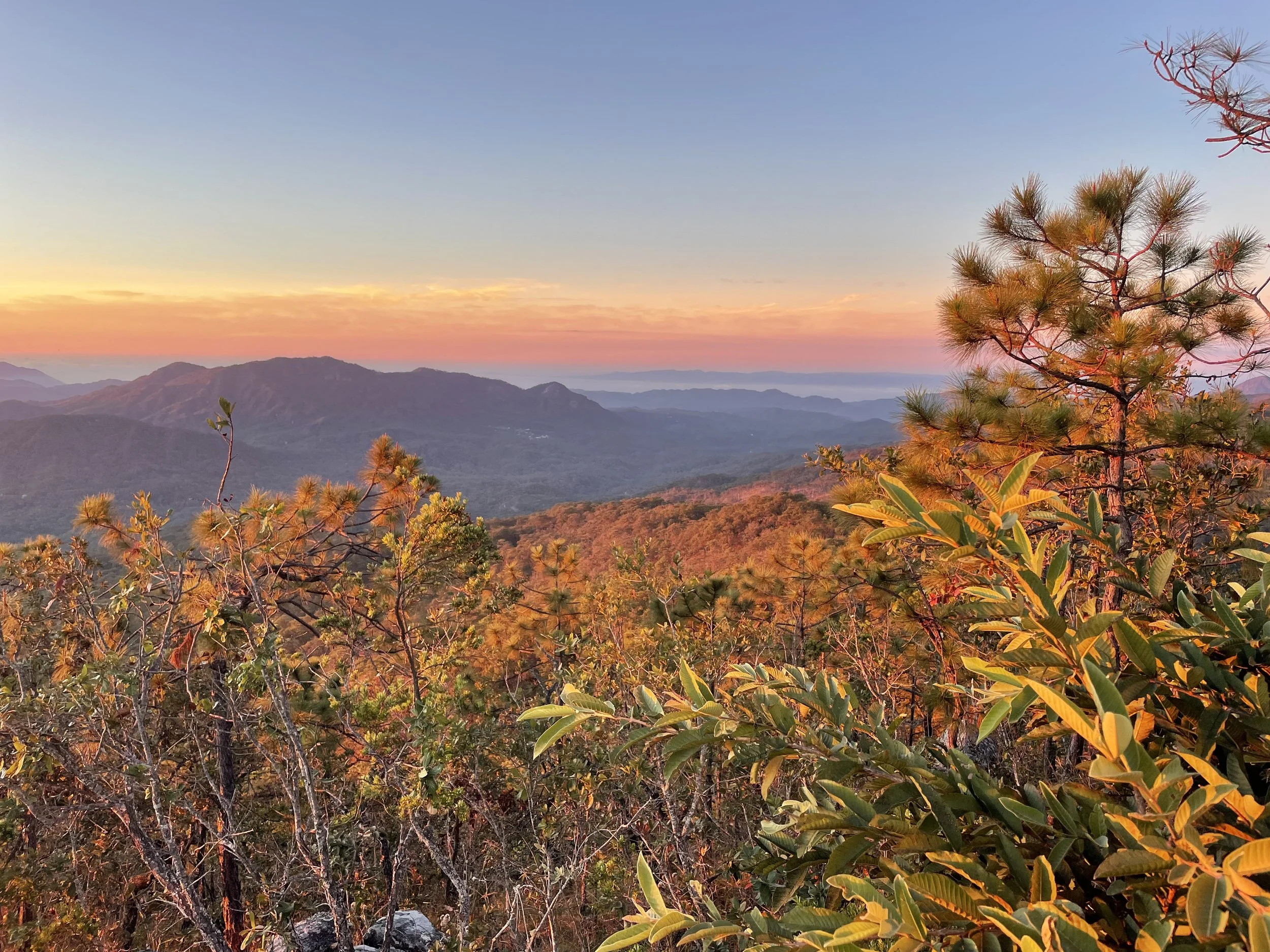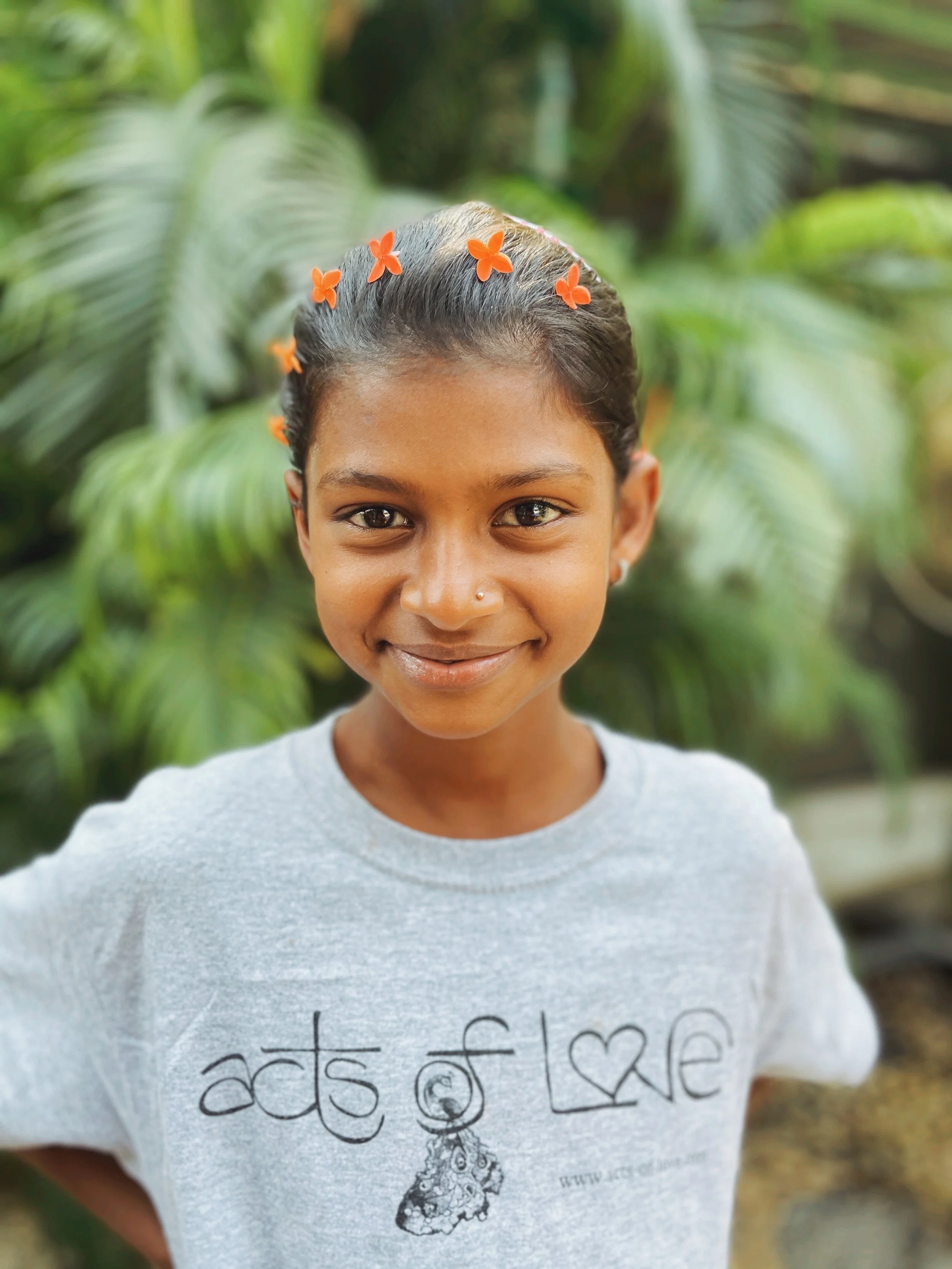When the Gypsies Settle
The Narikuravar are an Indigenous community in Tamil Nadu
who are also considered gypsies and dalits (untouchables).
This is an in-depth look into the lives of one such settlement
on the outskirts of the holy city of Tiruvanamalai.
Gypsy stories are told by peculiar eye colours, languages woven with words from distant lands, and, unfortunately, social discrimination.
From the Roma to the Narikuravar, Gypsies often live on the fringes of mainstream society battling unequal access to healthcare, education, and employment opportunities.
The Narikuravar—'jackal hunters' in Tamil—are named for their outstanding hunting skills, though they are no longer allowed to pursue their livelihood in local forests. Instead, the Narikuravar sell bobby pins, earbuds, bindis, and beaded necklaces at bus stations and busy thoroughfares across Tamil Nadu. They are a semi-nomadic tribe believed to have moved to Southern India from the North of the country half a millennium ago. Their language, 'Vagriboli,' an Indo-Aryan mixture of Marathi, Telugu, and Tamil, is another clue pointing towards their unique heritage. However, it is the recent past that has scarred this community the deepest. During British colonial rule in India, the Criminal Tribes Act of 1871 would become a piece of legislation that significantly shaped the destiny of the Narikuravar and many other tribal communities in the country. Posing as a social reform measure, the Act sought to categorize castes and communities according to their criminal tendencies, with some groups presumed to be 'born criminals.' This profiling was primarily based on the resistance to conform to the idea of British civilized living. The Narikuravar was one such community placed under this Act. Although post-colonial reforms eventually changed the name to Scheduled Castes (SC), Scheduled Tribes (ST), and Other Backward Classes (OBC), the damage was already done.
The institutionalized social stigma faced by indigenous and tribal communities across India continues to be the force of oppression that keeps them trapped in a vicious cycle of poverty.






























